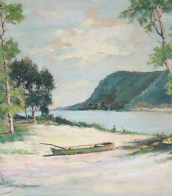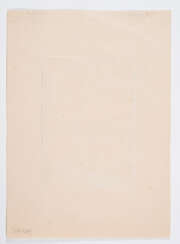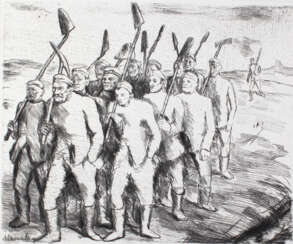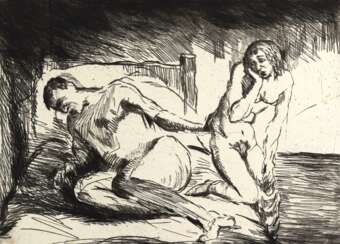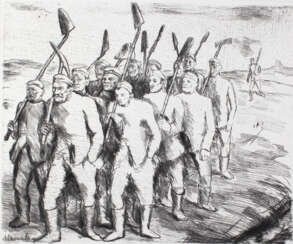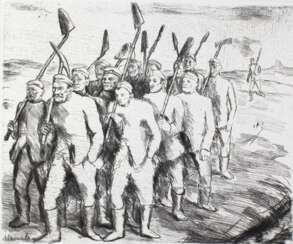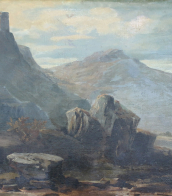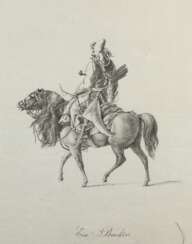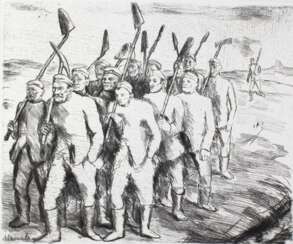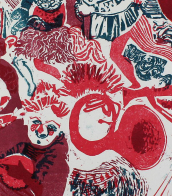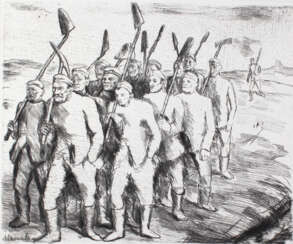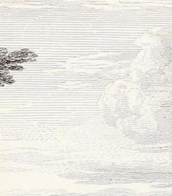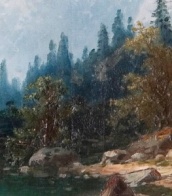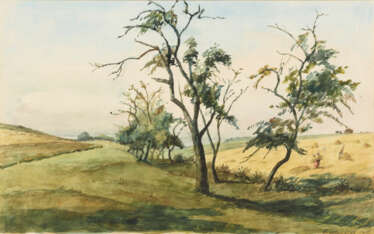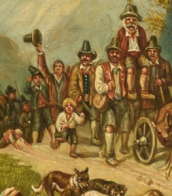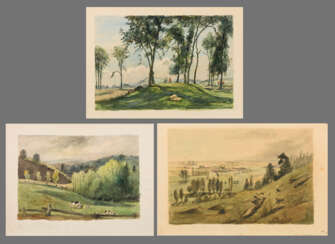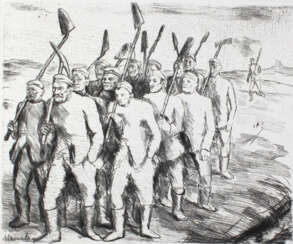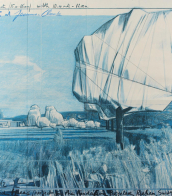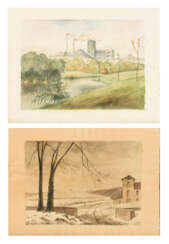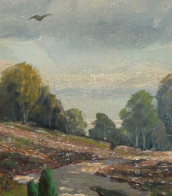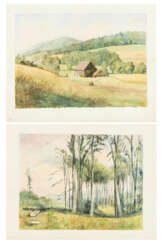felix meseck (1883 - 1955)
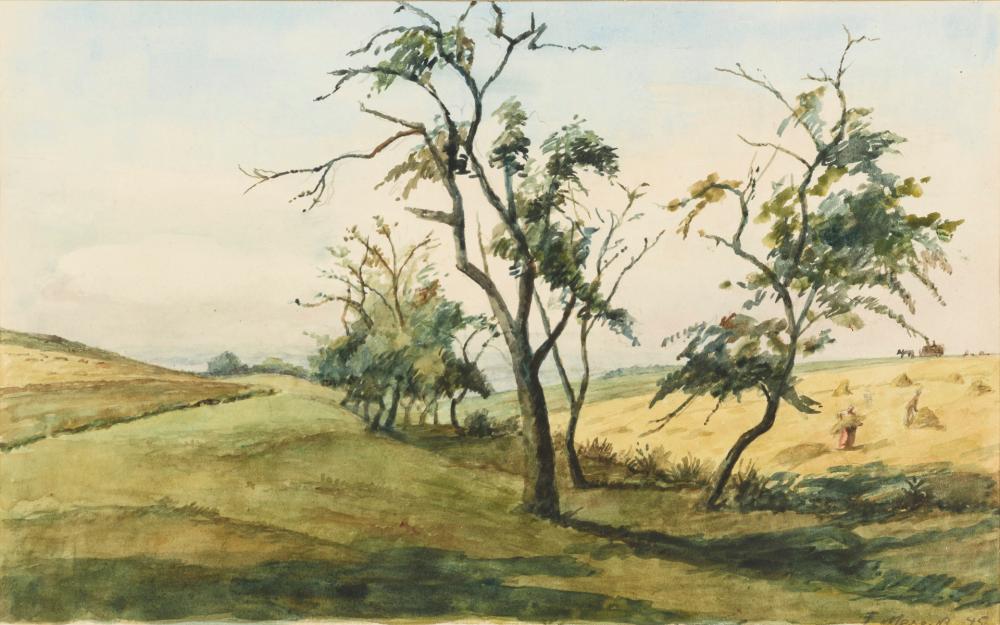
Felix Meseck was a German painter, illustrator and graphic artist.
He studied at the Academies of Fine Arts in Berlin and Königsberg, studying painting with Ludwig Dettmann and etching with Heinrich Wolf. In 1926 he was appointed professor at the Weimar Academy. After World War I, when he served at the front as a private soldier, Meseck took up engraving with success. He was a member of the Berlin Secession, the Association of German Artists, collaborated with leading magazines such as Ganymede, and illustrated works by Shakespeare, Goethe, Novalis, and Brentano.
Unfortunately, most of Felix Meseck's work was destroyed in 1945 during World War II. A frequent motif in Mezek's works is trees, and his techniques were pen drawings and dry needle etchings.
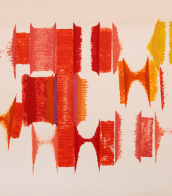

Felix Meseck was a German painter, illustrator and graphic artist.
He studied at the Academies of Fine Arts in Berlin and Königsberg, studying painting with Ludwig Dettmann and etching with Heinrich Wolf. In 1926 he was appointed professor at the Weimar Academy. After World War I, when he served at the front as a private soldier, Meseck took up engraving with success. He was a member of the Berlin Secession, the Association of German Artists, collaborated with leading magazines such as Ganymede, and illustrated works by Shakespeare, Goethe, Novalis, and Brentano.
Unfortunately, most of Felix Meseck's work was destroyed in 1945 during World War II. A frequent motif in Mezek's works is trees, and his techniques were pen drawings and dry needle etchings.
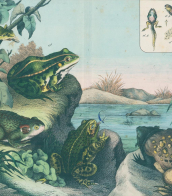

Felix Meseck was a German painter, illustrator and graphic artist.
He studied at the Academies of Fine Arts in Berlin and Königsberg, studying painting with Ludwig Dettmann and etching with Heinrich Wolf. In 1926 he was appointed professor at the Weimar Academy. After World War I, when he served at the front as a private soldier, Meseck took up engraving with success. He was a member of the Berlin Secession, the Association of German Artists, collaborated with leading magazines such as Ganymede, and illustrated works by Shakespeare, Goethe, Novalis, and Brentano.
Unfortunately, most of Felix Meseck's work was destroyed in 1945 during World War II. A frequent motif in Mezek's works is trees, and his techniques were pen drawings and dry needle etchings.


Felix Meseck was a German painter, illustrator and graphic artist.
He studied at the Academies of Fine Arts in Berlin and Königsberg, studying painting with Ludwig Dettmann and etching with Heinrich Wolf. In 1926 he was appointed professor at the Weimar Academy. After World War I, when he served at the front as a private soldier, Meseck took up engraving with success. He was a member of the Berlin Secession, the Association of German Artists, collaborated with leading magazines such as Ganymede, and illustrated works by Shakespeare, Goethe, Novalis, and Brentano.
Unfortunately, most of Felix Meseck's work was destroyed in 1945 during World War II. A frequent motif in Mezek's works is trees, and his techniques were pen drawings and dry needle etchings.
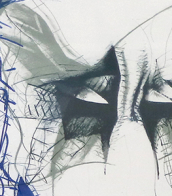

Felix Meseck was a German painter, illustrator and graphic artist.
He studied at the Academies of Fine Arts in Berlin and Königsberg, studying painting with Ludwig Dettmann and etching with Heinrich Wolf. In 1926 he was appointed professor at the Weimar Academy. After World War I, when he served at the front as a private soldier, Meseck took up engraving with success. He was a member of the Berlin Secession, the Association of German Artists, collaborated with leading magazines such as Ganymede, and illustrated works by Shakespeare, Goethe, Novalis, and Brentano.
Unfortunately, most of Felix Meseck's work was destroyed in 1945 during World War II. A frequent motif in Mezek's works is trees, and his techniques were pen drawings and dry needle etchings.
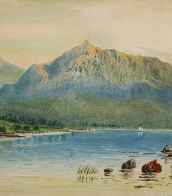

Felix Meseck was a German painter, illustrator and graphic artist.
He studied at the Academies of Fine Arts in Berlin and Königsberg, studying painting with Ludwig Dettmann and etching with Heinrich Wolf. In 1926 he was appointed professor at the Weimar Academy. After World War I, when he served at the front as a private soldier, Meseck took up engraving with success. He was a member of the Berlin Secession, the Association of German Artists, collaborated with leading magazines such as Ganymede, and illustrated works by Shakespeare, Goethe, Novalis, and Brentano.
Unfortunately, most of Felix Meseck's work was destroyed in 1945 during World War II. A frequent motif in Mezek's works is trees, and his techniques were pen drawings and dry needle etchings.
